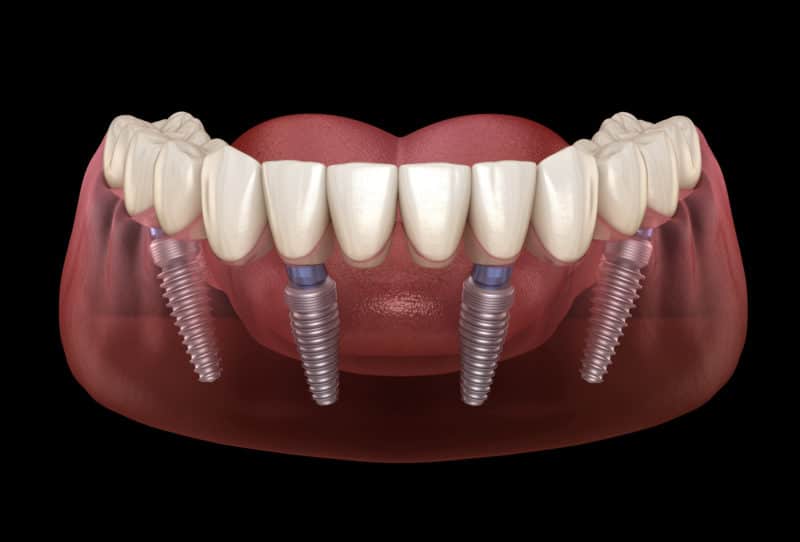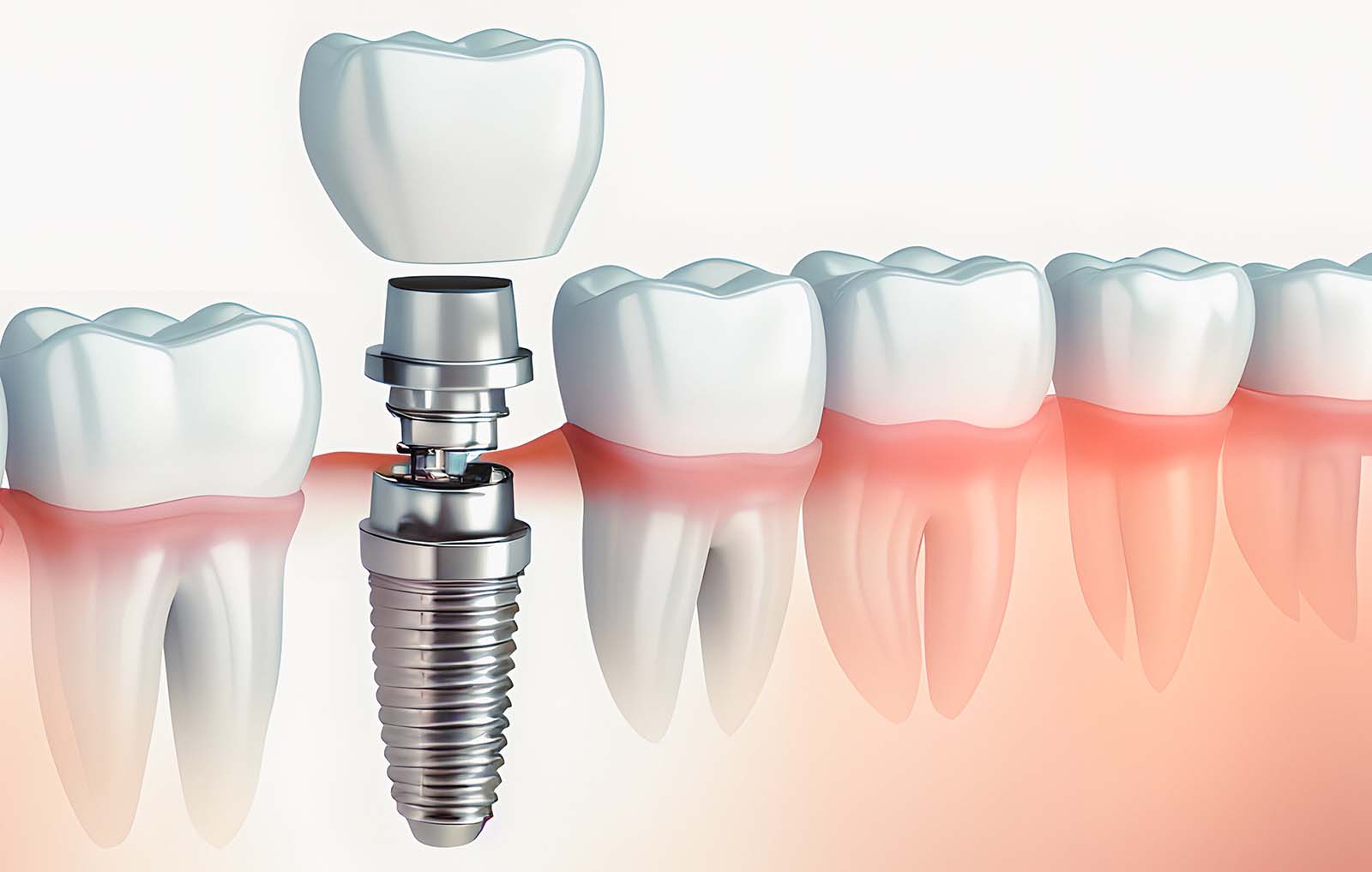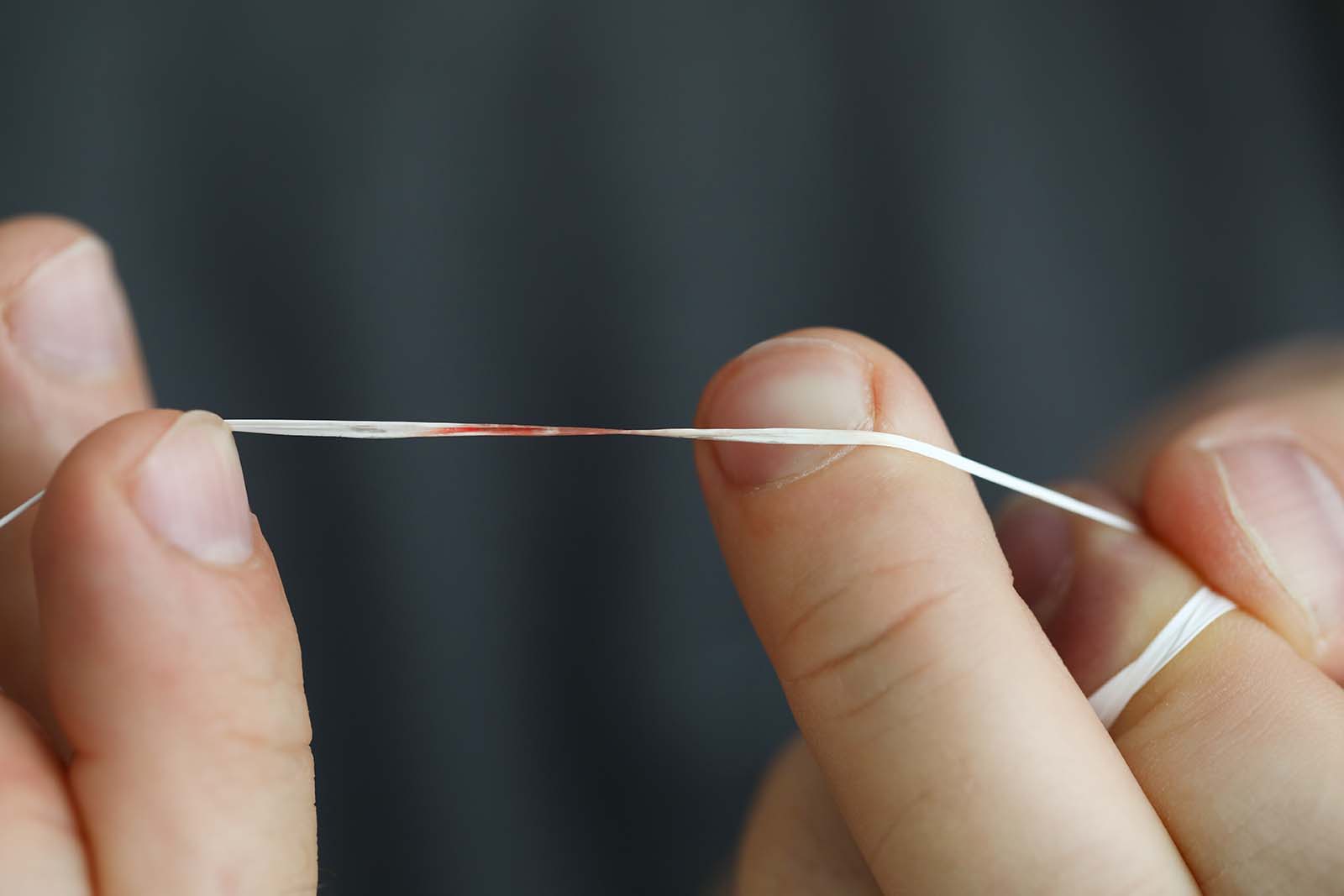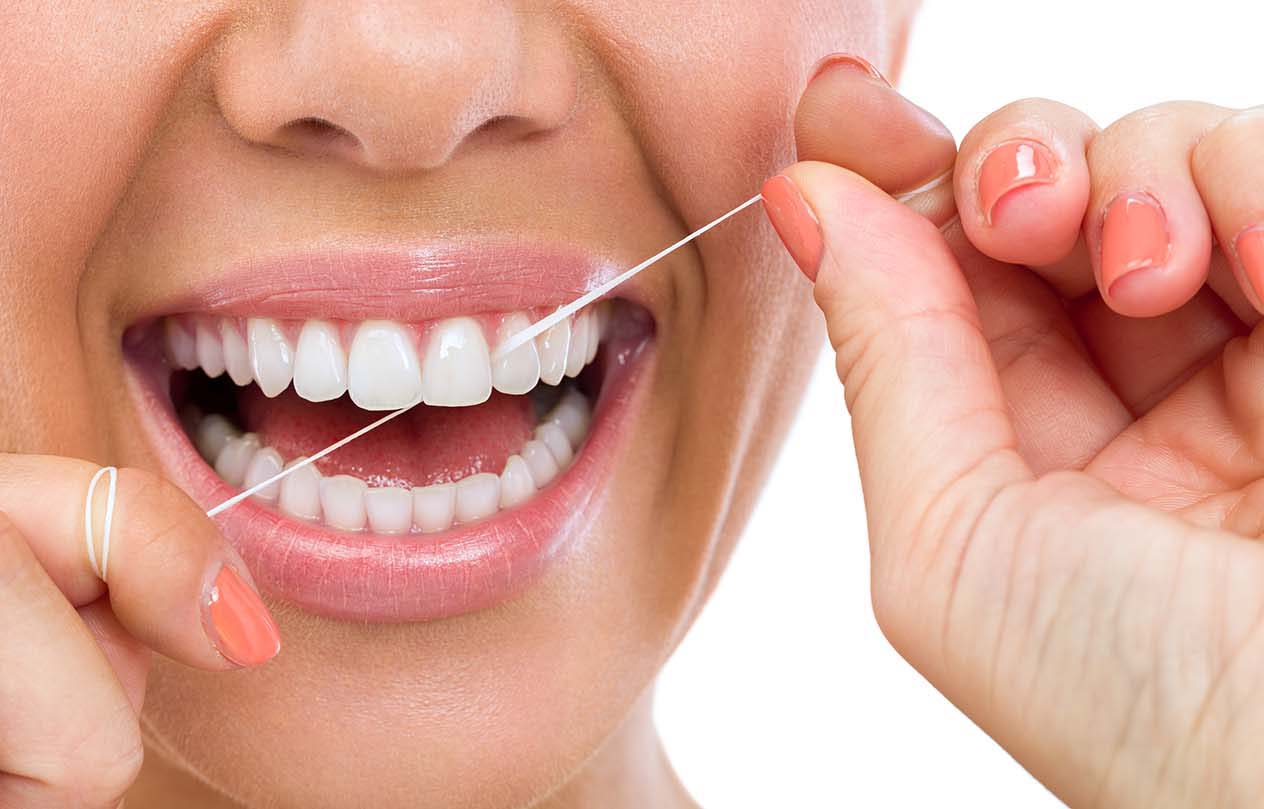That constant, unsettling pain in your mouth could be the result of a tooth abscess. A tooth abscess is no joke and should be looked at by a dentist as soon as possible. But how do you know if you have signs of tooth infection and what even is a tooth abscess in the first place? Below, you’ll find your go-to guide on everything you’ll need to know before considering a trip to the dentist.
What Is An Abscess?
A tooth abscess is a pus-filled bacterial infection. This infection falls below the umbrella term, dental abscess. There are two common types of dental abscesses. ‘
Firstly, there are periapical abscesses, otherwise known as tooth abscesses. In a tooth abscess the infection forms in what’s known as the pulp chamber before extending its way down in or around the root of the tooth. The pulp chamber is made up of delicate nerves and blood vessels. The infection can penetrate your jaw bone, leaving you in potentially bad shape, a point we’ll get into later.
Alternatively, a gum abscess, also known as a periodontal abscess occurs on the gum line instead of in the root of a tooth.
What Does An Abscess Tooth Look Like
The site where an abscess is collecting pus is referred to as the fistula. The fistula can resemble a pimple, because they are both raised from the surface of the skin, and are ball-like in shape. A fistula can range in size, just like a pimple. The area can also change in color, becoming a dark red as it reacts to the infection.
Warning Signs and Symptoms of Dental Abscess
If you experience one or more of the symptoms below, it may be wise to go get checked out by your dentist. Even early tooth infection symptoms can be an indicator of tooth abscess. A tooth abscess or gum abscess always needs treatment to properly heal.
If you have more serious signs of tooth infection you should either drive to your local ER or look up, for example, tooth abscess treatment in Los Angeles, to find a quick emergency appointment near you.
Early Tooth Abscess Symptoms
- Tooth Pain And Headache
One of the first signs of an abscess is severe tooth pain. Is there a sore spot in your mouth that aches whenever it is touched? Does it hurt to chew food or talk? Tooth nerve pain is a common telltale symptom of a tooth abscess. Tooth pain can end up radiating to your head, causing throbbing headaches. - A Bad, Lingering Taste
A bad, lingering taste is a common side effect resulting from an abscess. The taste is the byproduct of pus leaking from the site of the infection. The taste is described as being anywhere from salty to metallic. - Tooth Sensitivity
If your teeth are suddenly sensitive to the temperatures of foods or drinks, then it may be a sign of tooth nerve pain, indicating possible abscess. - Ear and Jaw Aches
Our faces house a lot of different moving parts, which in turn, house multitudes of nerves. Due to the number of interconnected nerves and muscles, we can sometimes experience pain where it doesn’t originate. Even though ear or jaw aches are plaguing you, a tooth abscess may be the real culprit of your pain. - Crown Pain
You may not think that you could get an abscess where you’ve had dental work done. However, as we’ll get into later, this is false. When tooth pain under crown comes and goes, it can be a sign of tooth abscess.
Late Tooth Abscess Symptoms (Serious)
- Fever
If you fear you have a tooth abscess you should monitor your temperature. High temperatures are your body’s reaction to trying to fend off an infection. Temperatures can often go from 100.4 degrees or higher. A fever that rises to 103 degrees should always be swiftly accompanied by a trip to the ER. - Swelling In The Mouth Or The Surrounding Area
Swelling is a common reaction to a dental abscess. Swelling can begin and end in the mouth, or it can also occur to the face, neck, and throat. Ballooning cheeks can be an uncomfortable symptom that should send you to the dentist right away! - Your Teeth Feel Loose
A prolonged tooth abscess may have your teeth feeling loose. This is because, as the tooth infection lingers the bacteria can begin to eat away at your jaw or tooth, causing it to become loose, and potentially fall out.
How A Dental Abscess Progresses
Tooth Abscess Stages
Tooth abscess stages usually begin when decay or injury to the enamel and dentin of the tooth. This paves the way for bacteria to reach the inner chamber of the tooth.
The next stage of tooth abscess is when the bacteria enter the pulp chamber, causing the sensitive nerves to swell and potentially begin necrotizing. This is where pain begins to set in. From there the infection spreads to the root causing a dental abscess to form by storing a growing pocket of pus. Over time the infection can potentially spread to the jaw or even to your bloodstream which is why it’s important to go to the dentist when you begin experiencing symptoms.
Gum Abscess Stages
Gum abscess stages begin when the affected region of your gums becomes red and swollen. The red color will appear different from the rest of your gums. It can appear shiny or dark in comparison.
After around two days, the abscess will fully form. It will raise and take on a pimple-like appearance. Gum abscesses can erupt and leak pus on their own. It is still important to go to the dentist to get the area looked at and cleaned by your dentist.
What Causes an Abscess Tooth?
A tooth abscess can occur for a multitude of reasons and does not always indicate a need for better hygiene. Knowing what causes a tooth abscess can help you identify this condition quicker.
- A Cavity
Cavities can occur due to inadequate brushing. If a cavity has reached the pulp chamber, the area where connective tissue resides within the tooth, then the pulp can become inflamed. Inflamed pulp can become necrotic, meaning that it has died off. Necrotic pulp can then lead to a tooth abscess. - Grinding And Clenching Your Teeth
Grinding and clenching your teeth can lead to long-term trauma. Although this usually happens over a long period, the resulting tooth abscess can seem like it came from nowhere. Any trauma to your teeth can end up damaging the pulp chamber, causing the pulp to become necrotic. - Chipped Tooth
A chipped tooth can almost instantaneously lead to your pulp necrotizing. Sudden blunt force can cause blood supply loss to the pulp. Without a blood supply, the pulp will quickly die and could cause a tooth abscess. - Crowns and Root Canals
Sometimes certain dental work can lead to tooth abscess. Tooth pain under crown comes and goes. This is a sign that your Crown or fillings may have undergone trauma to the pulp chamber. Root canals can also cause trauma or can allow for bacteria to form due to improper sealing. This can potentially cause a root canal infection later on. A root canal infection is a precursor to tooth abscess. - Wisdom Teeth
Wisdom tooth abscess can occur due simply to its location at the back of your mouth. Since they are located so far back they can be easy to neglect during brushing. A wisdom tooth abscess can happen as a result of inadequate brushing near the back of your mouth. - Impacted Food
Finally, food can become lodged between gums and teeth. This can cause a gum abscess due to the growth of bacteria.
How To Care For Your Tooth Abscess
While waiting for your appointment or dental procedure you can take steps to help reduce pain.
- Prescribed Antibiotics
While your immune system may fight off a bacterial infection on its own, it’s best not to risk more serious complications. Once you experience tooth infection symptoms, prescription antibiotics will help both kill and keep the spread of the bacteria at bay until your dentist can properly drain your tooth abscess. - Ibuprofen
Ibuprofen is both a pain reliever as well as an NSAID, or anti-inflammatory. Ibuprofen can help you knock out two birds with one stone, by helping you to manage pain as well as reduce swelling in face from abscess tooth. Make sure you read the label. Don’t go over recommended dosage for any medications. If you can’t take Ibuprofen, you could take other pain relievers. Ask your doctor or look up drug interactions to prevent complications from mixing medications. - Rinse Your Mouth With Salt Water
Saltwater is a great way to keep your mouth feeling fresh. It’s also a natural way to reduce the pain you’re feeling. Saltwater also helps keep inflammation down. - Ice And Heat
Dip a cotton ball in warm water and keep it in your mouth near the infected area. The heat will help soothe your pain. In addition, you can also apply ice packs to the exterior regions where swelling has affected your jaw. - No Chewy Or Hard Foods
If your mouth is causing you severe tooth pain, soft foods should be your best friend. You don’t want to overwork your mouth by constantly moving your jaw, clenching your muscles, causing more tension. Hard foods could also get lodged near the infection site, causing you even more discomfort.
How Is An Abscess Diagnosed and Treated?
Your dentist will usually diagnose a tooth abscess or gum abscess by taking x-rays of your mouth. X-rays will help the dentist see how far the infection has spread, and will then decide on a course of treatment.
Treatment
- Root Canal
A root canal is performed to help you keep your tooth. Your dentist will drill into your tooth, take out any necrotic pulp, drain the abscess at the root of your tooth, fill your pulp cavity, then seal a crown to your tooth. This will both help save your tooth and get rid of that nasty infection. - Pulling The Tooth
Sometimes the whole tooth must go. If the tooth is a goner, it may be best to get rid of the problem by just yanking the whole thing out. - Antibiotics
Your dentist may prescribe antibiotics to nip your infection in the bud. - Draining the Abscess
Finally, when treating a gum abscess or tooth abscess your dentist will drain it of pus. Once the pus pocket is reached it is important to properly drain it, as it carries a lot of harmful bacteria. Your dentist will do this by administering a cut to the fistula or pus pocket. After draining the pus away, they’ll douse the area with saline. The saline will keep the area clean.
Steps You Can Take To Avoid Tooth Abscess
Wouldn’t it be nice if you could take steps to help prevent a tooth abscess from occurring in the first place? Although these steps won’t always prevent the inevitable, they can help you better your oral care.
- Wear Mouth Guards
You can lessen or prevent trauma to your teeth by purchasing a mouth guard to use when sleeping or playing sports. - Practice Good Oral Hygiene
What does it mean to practice good oral hygiene? It means that you brush for at least two minutes twice a day with fluoride toothpaste. It also means flossing once a day. Flossing can help prevent gum abscesses, as you are digging out bacteria that are touching your gums. - Don’t Use Mouthwash After You Brush
Mouthwash can help your mouth feel fresh and odor-free throughout the day. However, it can also have a detrimental effect on your oral care routine if you wash your toothpaste away by using it directly after brushing - Cut Down On Sugar
We all know that sugar can lead to tooth decay. Although no ones saying you should completely cut out the sweets, it would be wise not to have it before bed. Toothpaste is the best thing for teeth right before bed. - Visit Your Dentist Regularly
Regular dentist appointments are a must. The dentist can let you know how sufficient your oral care routine is and if anything is going awry in your mouth.
Serious Complications Of Dental Abscesses
How long can a tooth infection go untreated? The answer is not long. If you have had pain and symptoms for more than a few days, you should make an appointment to see your dentist immediately.
Firstly, the Journal of Endodontics released a startling statistic showing that over 61,400 people have had to endure a stay at the hospital due to tooth infections They found that around 66 passed away.
A tooth infection can lead to an even worse infection called sepsis. Sepsis can occur when the infection travels to your blood. This is where hospital stays come in. It is important to get infection treated before it spreads.
Furthermore, meningitis can also occur when an infection travels and leads to swelling of the brain or spinal cord, sometimes both. Warnings of sepsis or meningitis include: fast heart rate, delirium, shortness of breath, skin discoloration, and a stiff neck. If you experience any of these symptoms go to the hospital right away.
Call Your Dentist
A tooth abscess needs to be addressed by a professional. A trip to the dentist could save you from weeks of pain at best and a heavy hospital bill at worst. You can find tooth abscess treatment in Los Angeles with Southland Dental Care. We offer affordable, experienced treatment. Our highly trained dentists care about providing you with the best experience, tailored to get you out of pain as quickly as possible.












